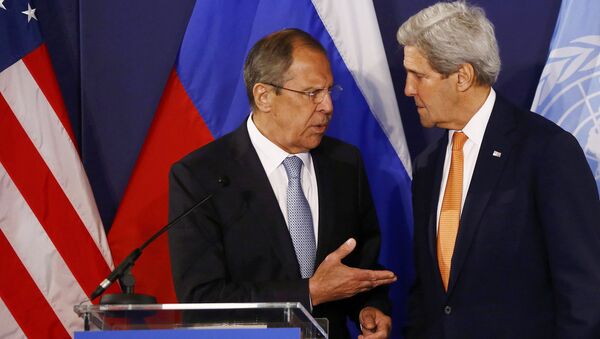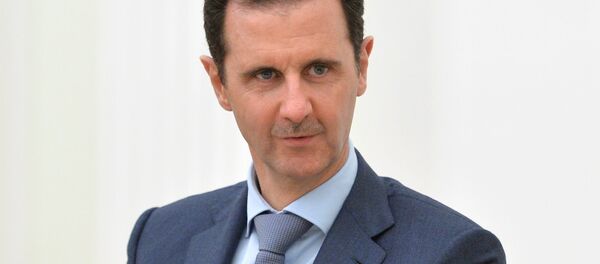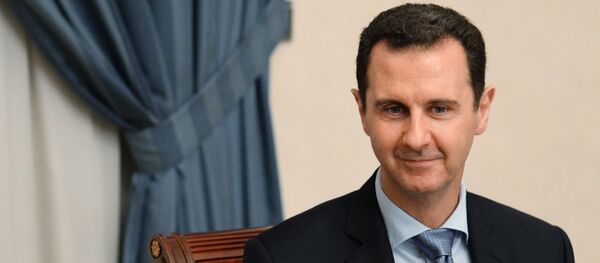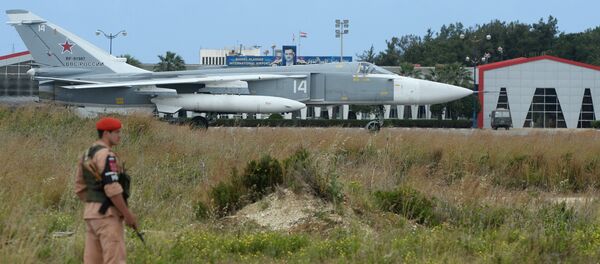“Secretary Kerry will travel to Moscow, Russia, July 14–15, where he will meet with senior Russian officials to discuss Syria, the Ukraine crisis, and the Nagorno-Karabakh conflict, among other issues,” reads a statement on the official website of the US State Department.
Commenting on the purpose of the announced visit, The Washington Post suggested that “the US proposal, which has not been made public, calls for the establishment of a 'Joint Implementation Group' with Russia, through which the two countries would initially exchange intelligence and operational information on the locations of Jabhat al-Nusra, al-Qaeda’s Syrian affiliate, and “synchronize” their independent operations against the Islamic State (Daesh).”
“Once al-Nusra targets have been agreed [upon], they would determine what action to take and “deconflict” their air operations.”
“In exchange, Moscow would use its leverage to effectively ground Syria’s air force, limiting its operations to non-combat humanitarian and medical-evacuation missions. Both the United States and Russia would recommit themselves to pushing for a political settlement to Syria’s civil war.”
Andranik Migranyan, Russian political analyst and professor at the Moscow State Institute of International Relations (MGIMO) told Radio Sputnik that such US announcements should be treated with “cautious optimism.”
However, he added that John Kirby’s comment signals a “gradual shift of the US position on the Syrian conflict.”
“We know that in such issues 'the devil is in the details'. The US State Department spokesperson says that our positions on Syria are not that 'far apart' but he doesn’t specify where exactly we do stand 'far apart' and where we stand closer to each other,” he told Radio Sputnik.
“Thus we should treat such comments with cautious optimism. We should wait and see exactly what suggestions John Kerry will bring to Moscow, then we’ll be able to understand how close we have come to each other on the Syrian issue,” he added.
The political analyst, however, added that there are gradual changes taking place in the US position on Syria, not Russia’s.
“Apparently over the recent years it is not the Russian position which is changing towards the American one, it is the American position which is shifting towards Russia’s,” he said.
The political analyst also noted a number of other discrepancies, such as difference in stances on the so-called “moderate opposition,” or which groups fighting on the ground should be listed as terrorists.
“Although there is an understanding in Washington that Russia was right that the so-called “moderate opposition” is nothing but a “figure of speech,” he said.
“We remember only too well how the Americans have been training this 'moderate opposition' and then these oppositionists, with all their arms, sided with Daesh or their allies in Syria and Iraq,” he added.
The political analyst also added that Russia has no opportunity to coordinate targets with the US for its airstrikes, as Washington perceives it as an attempt to obtain information on important infrastructure, which it will then bomb.
“There is certain distrust between the two, which complicates the situation. Thus Sergei Lavrov and John Kerry have the topics for discussion and I hope that certain issues will be agreed upon,” the expert concluded.





